Nikephoros
View All Tags
Athena, as the goddess of strategic warfare, was often depicted as guiding heroes in battle, ensuring that they were victorious through intelligent tactics rather than sheer power. By holding Nike, Athena demonstrated that victory was a result of rational decision-making and divine insight. Nike, who personified victory, was not just a reward for physical strength but also for planning, foresight, and the wisdom to navigate the challenges of conflict. This dual representation of Athena and Nike reinforces the Greek ideal that wisdom and victory are intertwined, and that true success comes from a harmonious balance of intellect and action.
Moreover, the imagery of Athena with Nike also underscores her role as a protector of the city-state. Athena was often portrayed as the guardian of Athens, and the inclusion of Nike in her depictions reinforced her ability to secure victories for the city, whether in military or athletic competitions. The goddess of victory, held by Athena, was a symbol of Athens’ military supremacy and its cultural achievements, such as in the Olympic Games. The famous Parthenon frieze, which shows Athena with Nike, emphasizes this connection, celebrating both the city’s glory and its divine patroness’s role in ensuring its success.
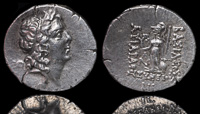
Ariarathes IX Eusebes 88/7 BCE
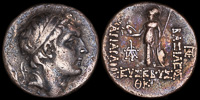
Ariarathes V 134/3 BCE
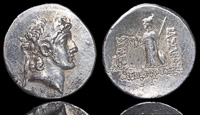
Ariarathes VI Epiphanes 118/7 BCE
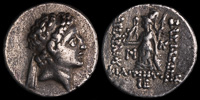
Ariarathes VII 104/3 BCE
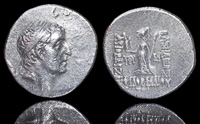
Ariobarzanes I Philoromaios 83/2 BCE
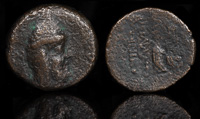
Mithradates I Kallinikos 96-70 BCE
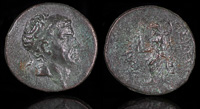
Tarkondimotos 39-31 BCE
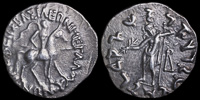
Vonones 85-60 BCE
